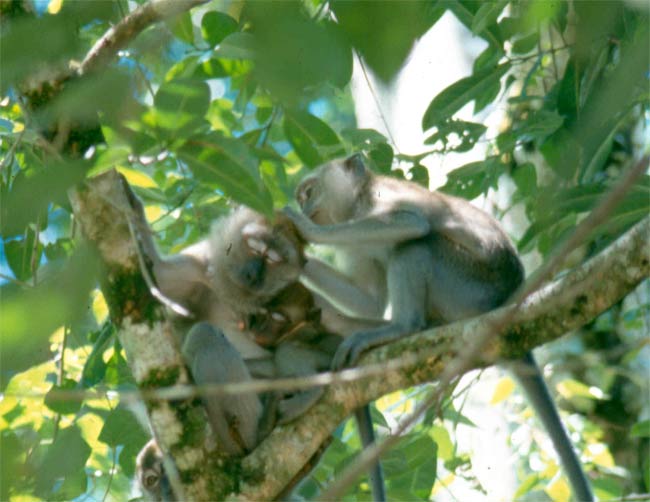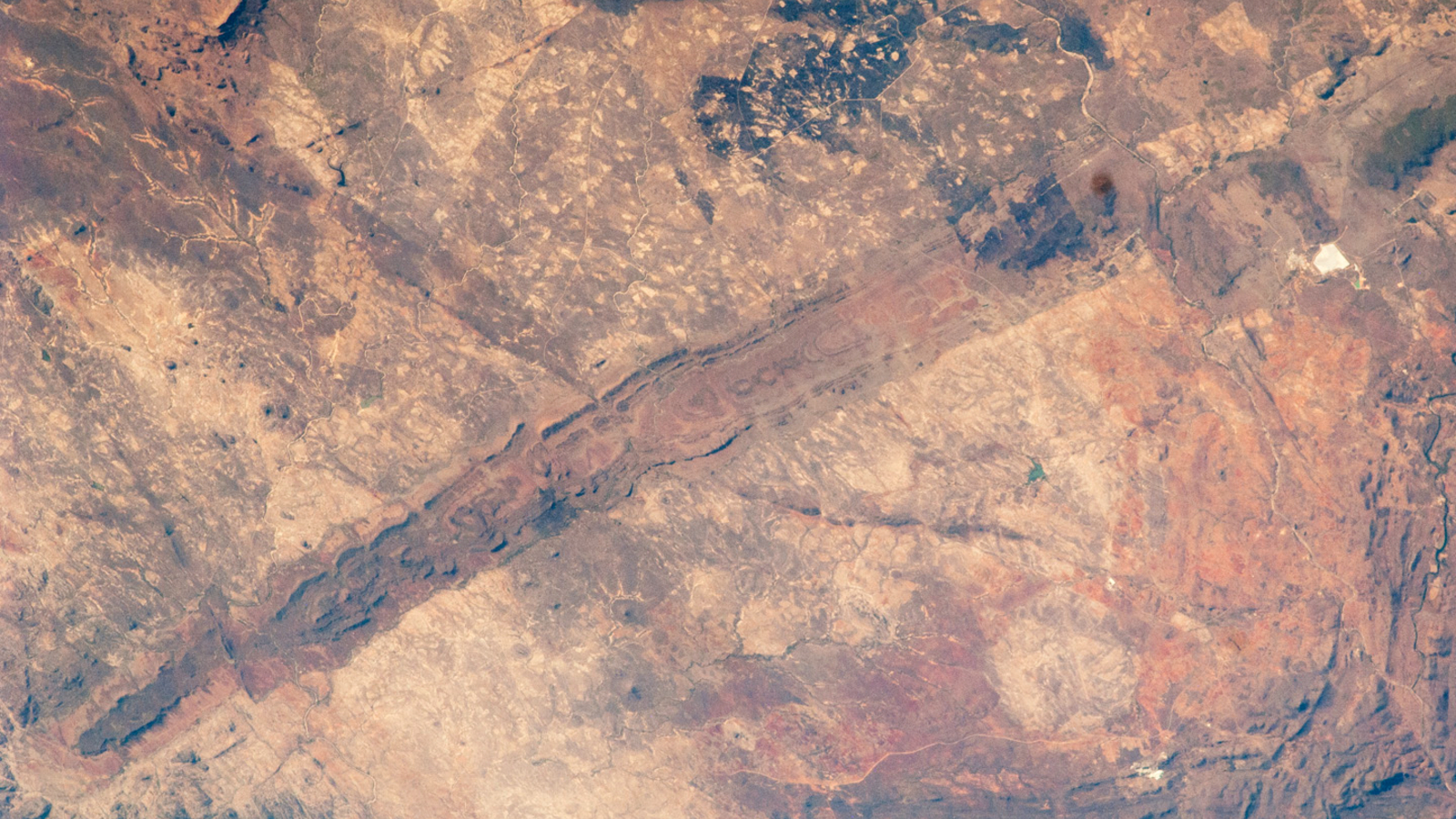Sucking Up: Why Monkeys Groom the Boss

Get the world’s most fascinating discoveries delivered straight to your inbox.
You are now subscribed
Your newsletter sign-up was successful
Want to add more newsletters?

Delivered Daily
Daily Newsletter
Sign up for the latest discoveries, groundbreaking research and fascinating breakthroughs that impact you and the wider world direct to your inbox.

Once a week
Life's Little Mysteries
Feed your curiosity with an exclusive mystery every week, solved with science and delivered direct to your inbox before it's seen anywhere else.

Once a week
How It Works
Sign up to our free science & technology newsletter for your weekly fix of fascinating articles, quick quizzes, amazing images, and more

Delivered daily
Space.com Newsletter
Breaking space news, the latest updates on rocket launches, skywatching events and more!

Once a month
Watch This Space
Sign up to our monthly entertainment newsletter to keep up with all our coverage of the latest sci-fi and space movies, tv shows, games and books.

Once a week
Night Sky This Week
Discover this week's must-see night sky events, moon phases, and stunning astrophotos. Sign up for our skywatching newsletter and explore the universe with us!
Join the club
Get full access to premium articles, exclusive features and a growing list of member rewards.
Sucking up to win the support of the boss dates back to our furry ancestors. The motivation, for monkeys, is life and death.
Rather than grabbing coffee for the CEO, monkeys have for eons picked dead skin and bugs from the fur of higher-ranking monkeys. They do it in exchange for backing in fights.
The finding, detailed in a recent issue of the journal Behavioral Ecology, resolves a historical question about primate grooming.
“Scientists have wondered for decades, 'Why should a monkey spend time cleaning the fur of another,'” said study author Gabriele Schino of the National Research Council in Rome. In the late 70s and 80s, psychologist Robert Seyfarth hypothesized that monkeys exchange grooming for support. Ensuing investigations into the matter turned up inconsistent results, leading scientists to criticize this theory.
But those studies didn’t use large enough samples of individuals to tease out other factors. So Schino ran statistical tests on 36 relevant studies carried out on 14 different primate species, a technique called meta-analysis.
Like other social animals, primates live in societies where individuals often come to blows over food or access to mates, as well as trying to climb the ladder to alpha-hood. When witnessing a conflict between two group-mates, a third party must choose which contestant to back.
Schino found this choice is at least partially determined by past grooming received from each mate, with frequent groomers receiving more frequent support from those served.
Get the world’s most fascinating discoveries delivered straight to your inbox.
The study also showed this reciprocal altruism is generally more frequent in some primates than others. Old World monkeys, such as macaques and baboons found in Asia and Africa, practice groom-for-support behaviors more than New World monkeys such as capuchins and marmosets found in Mexico and Central and South America.
“Nobody understands why,” Schino said.
- All About Monkeys
- Images: Ugliest Animals
- The Primate Police: Monkey Cops Keep Groups in Line
- Life’s Little Mysteries
Jeanna Bryner is managing editor of Scientific American. Previously she was editor in chief of Live Science and, prior to that, an editor at Scholastic's Science World magazine. Bryner has an English degree from Salisbury University, a master's degree in biogeochemistry and environmental sciences from the University of Maryland and a graduate science journalism degree from New York University. She has worked as a biologist in Florida, where she monitored wetlands and did field surveys for endangered species, including the gorgeous Florida Scrub Jay. She also received an ocean sciences journalism fellowship from the Woods Hole Oceanographic Institution. She is a firm believer that science is for everyone and that just about everything can be viewed through the lens of science.
 Live Science Plus
Live Science Plus










